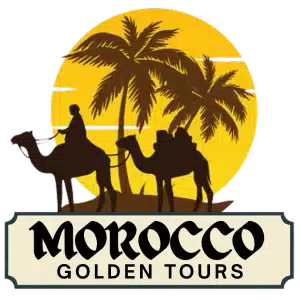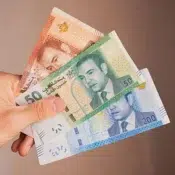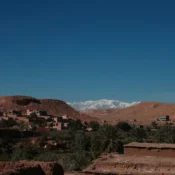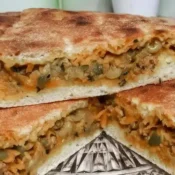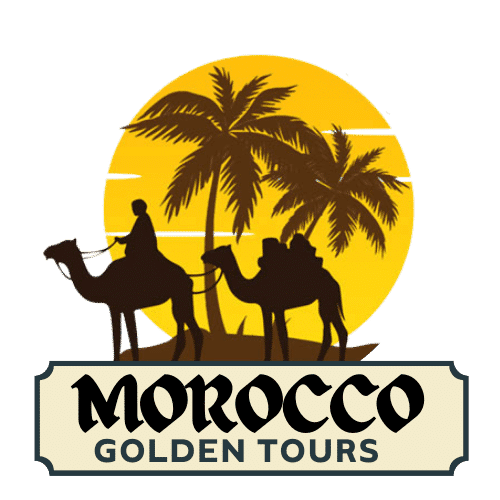Ramadan in Morocco: A Spiritual and Cultural Journey
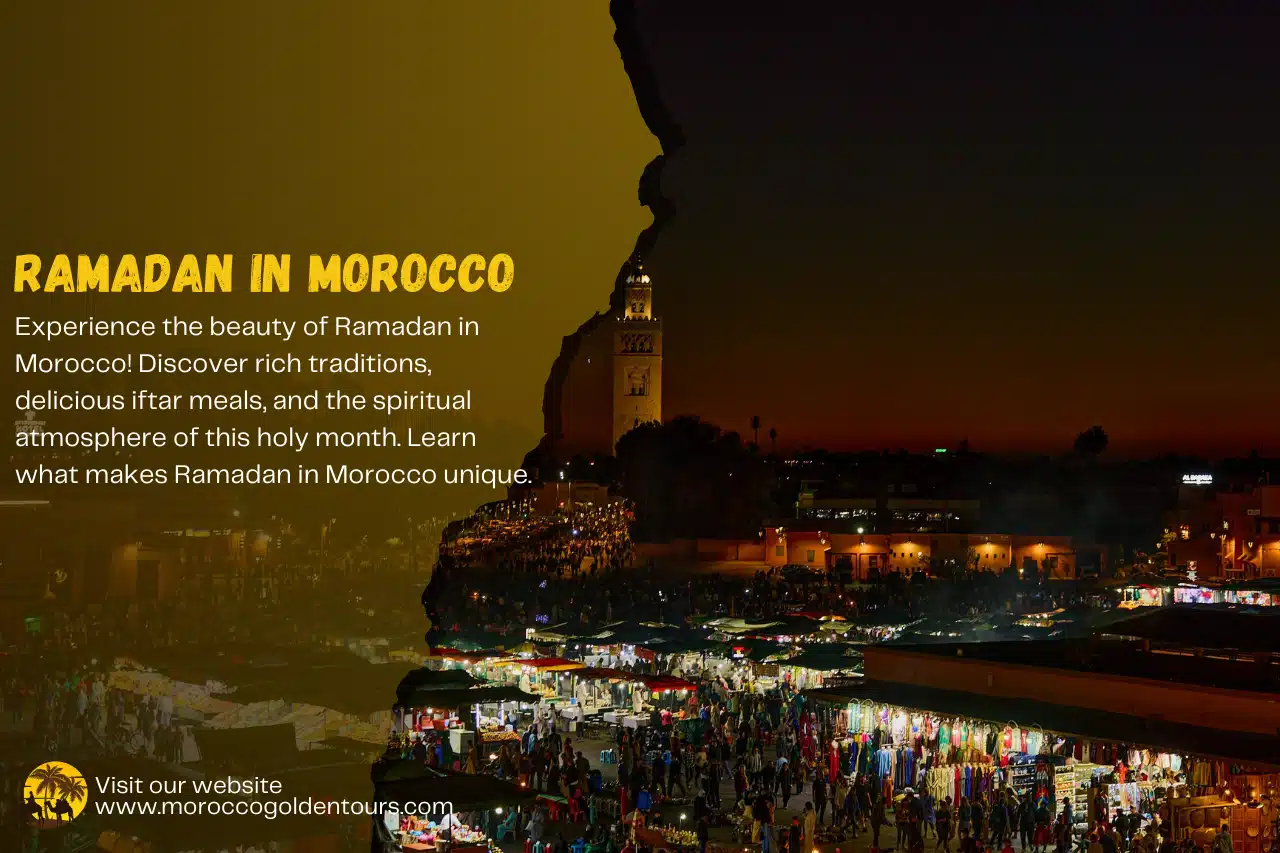
Introduction
Ramadan in Morocco is a special time filled with faith, family, and traditions. It is a month of fasting, prayer, and kindness. From the early morning meal to the night prayers, every moment of this holy month is meaningful. If you ever visit Morocco during Ramadan, you will see how the country transforms. The streets become lively at night, and people gather to break their fast together.
This article will take you on a journey through Ramadan in Morocco. You will learn about the customs, foods, prayers, and celebrations that make this month so unique. Whether you are planning to visit or just curious about Moroccan culture, this guide will help you understand the beauty of Ramadan in Morocco.
Table of Contents
Ramadan in Morocco – A Time of Faith and Togetherness
Preparing for Ramadan in Morocco
Before Ramadan begins, Moroccan families prepare for the holy month in many ways. Markets become busy as people buy dates, spices, and traditional sweets. Families clean their homes and buy new clothes. Mosques also get ready, as more people will come to pray.
- Spiritual Preparation: Many Moroccans increase their prayers and read the Quran more often.
- Food Shopping: Markets are filled with Ramadan essentials like honey, almonds, and flour for making sweets.
- Adjusting Daily Life: Work and school hours change to make fasting easier.
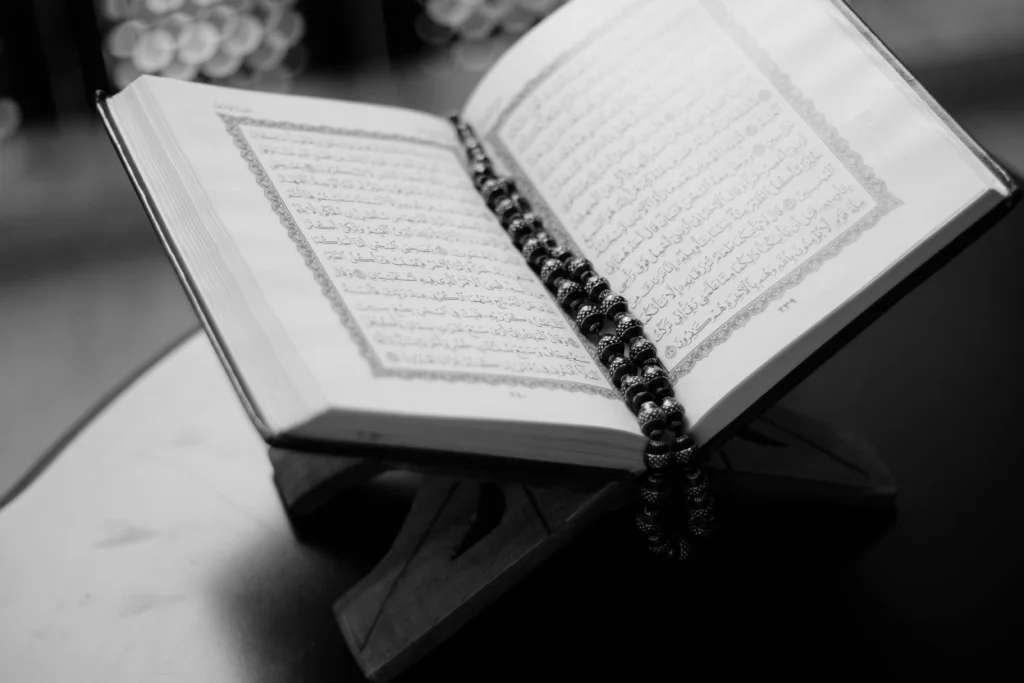
Suhoor in Morocco – The Early Morning Meal
Suhoor is the meal before dawn. It is important because it gives energy for the day of fasting. In Morocco, people eat simple but filling foods.
- Traditional Suhoor Dishes:
- Msemmen – A layered pancake with honey and butter.
- Rfissa – A dish made with chicken, lentils, and spices.
- Herbal Tea and Milk – Helps with digestion and hydration.
One unique tradition is the Nafar, a man who walks through the streets playing a horn to wake people up for Suhoor.
Iftar in Morocco – Breaking the Fast with Tradition
When the sun sets, the fast is broken with dates and milk. This follows the example of the Prophet Muhammad. Then, families enjoy a delicious meal together.
- Popular Iftar Foods:
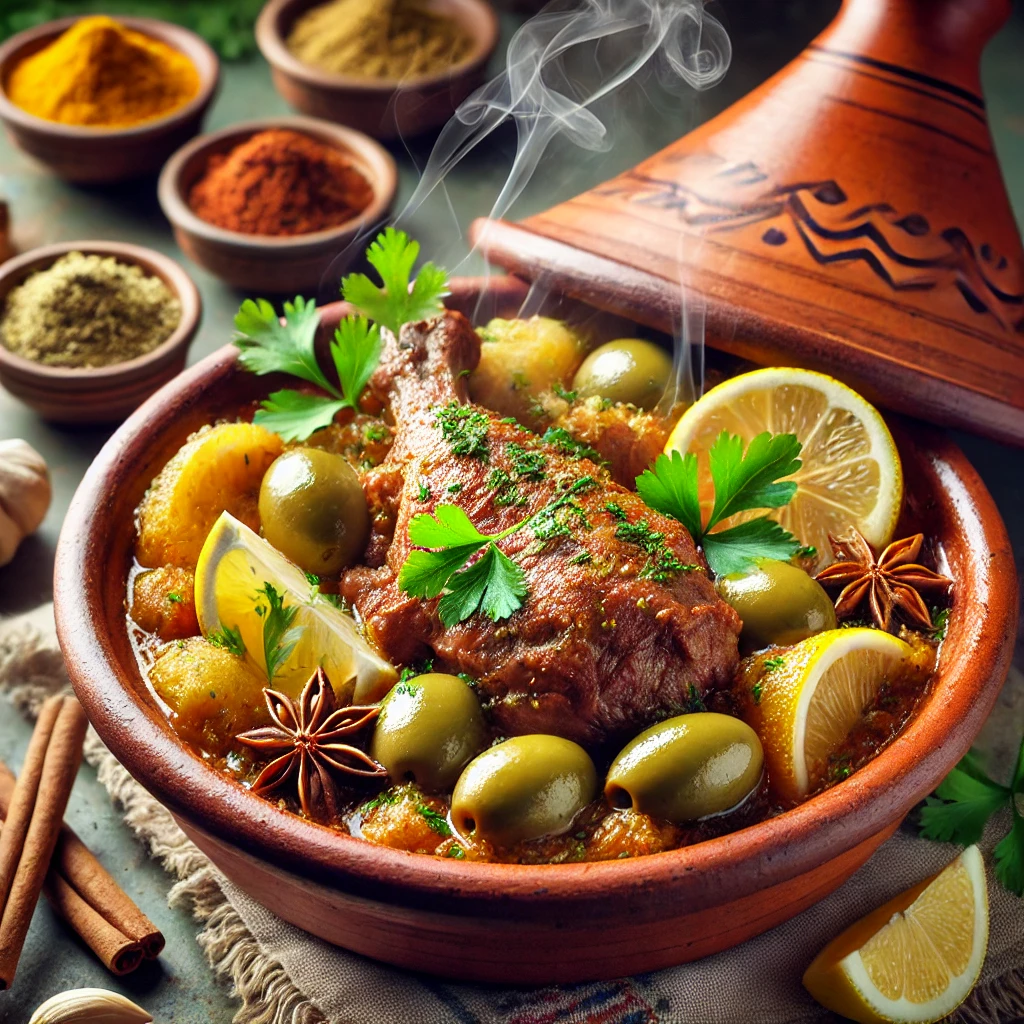
Table – Typical Moroccan Iftar Meal
| Dish | Description | Why It’s Popular During Ramadan |
|---|---|---|
| Harira | Tomato-based soup with chickpeas & lentils | Provides warmth and nutrition |
| Chebakia | Sweet, flower-shaped fried dough | Energy booster, rich in honey |
| Dates & Milk | Staple for breaking the fast | Sunnah tradition, easy digestion |
| Briouats | Stuffed pastries (sweet/savory) | Versatile snack for Iftar |
| Mint Tea | Sweetened green tea with fresh mint | A refreshing post-Iftar drink |
The Spiritual Atmosphere of Ramadan in Morocco
Ramadan in Morocco is not just about food. It is also about faith and community.
- Taraweeh Prayers: Special night prayers held at mosques.
- Acts of Charity: Many people donate food and money to help those in need.
- Ramadan Nightlife: After Iftar, families go out to cafes, parks, and shopping centers.
Laylat al-Qadr – The Most Special Night
Laylat al-Qadr, also called the Night of Power, is the most important night of Ramadan. It is believed to be the night when the Quran was first revealed.
- Moroccan Traditions:
- Families stay up all night praying.
- Mosques are filled with worshippers.
- Special meals are prepared to mark the occasion.
Eid al-Fitr – Celebrating the End of Ramadan
After a month of fasting, Moroccans celebrate Eid al-Fitr. This is a joyful day with prayers, feasts, and family visits.
- Preparations: Buying new clothes, cleaning homes, and preparing food.
- Eid Prayers: Held in large open spaces and mosques.
- Traditional Eid Foods:
- Pastilla – A sweet and savory pie with chicken or seafood.
- Mrouzia – A lamb dish cooked with honey and almonds.
- Zaalouk – A delicious eggplant salad.
FAQs About Ramadan in Morocco
When does Ramadan start and end in Morocco?
Ramadan follows the Islamic lunar calendar, so the dates change every year. The beginning is decided by the moon sighting.
How long do people fast in Morocco?
Fasting hours vary, but usually, people fast for 13 to 16 hours depending on the season.
What can tourists expect during Ramadan in Morocco?
Tourists should respect fasting traditions and avoid eating in public during the day. Many restaurants remain closed until Iftar, but the experience is unforgettable.
What are the most famous Moroccan Ramadan dishes?
Some must-try dishes include harira, chebakia, dates with milk, briouats, and msemmen.
Can you visit Morocco during Ramadan?
Yes! Morocco is a great place to experience Ramadan. The nights are vibrant, the food is delicious, and the atmosphere is full of faith and culture.
Conclusion
Ramadan in Morocco is a time of faith, family, and traditions. From the pre-dawn meal to the late-night prayers, every moment is filled with meaning. If you ever visit Morocco during this special time, you will see how people come together in a spirit of kindness and devotion.
Are you planning to visit Morocco? Learn more about Moroccan culture and book your trip with us today: www.moroccogoldentours.com
